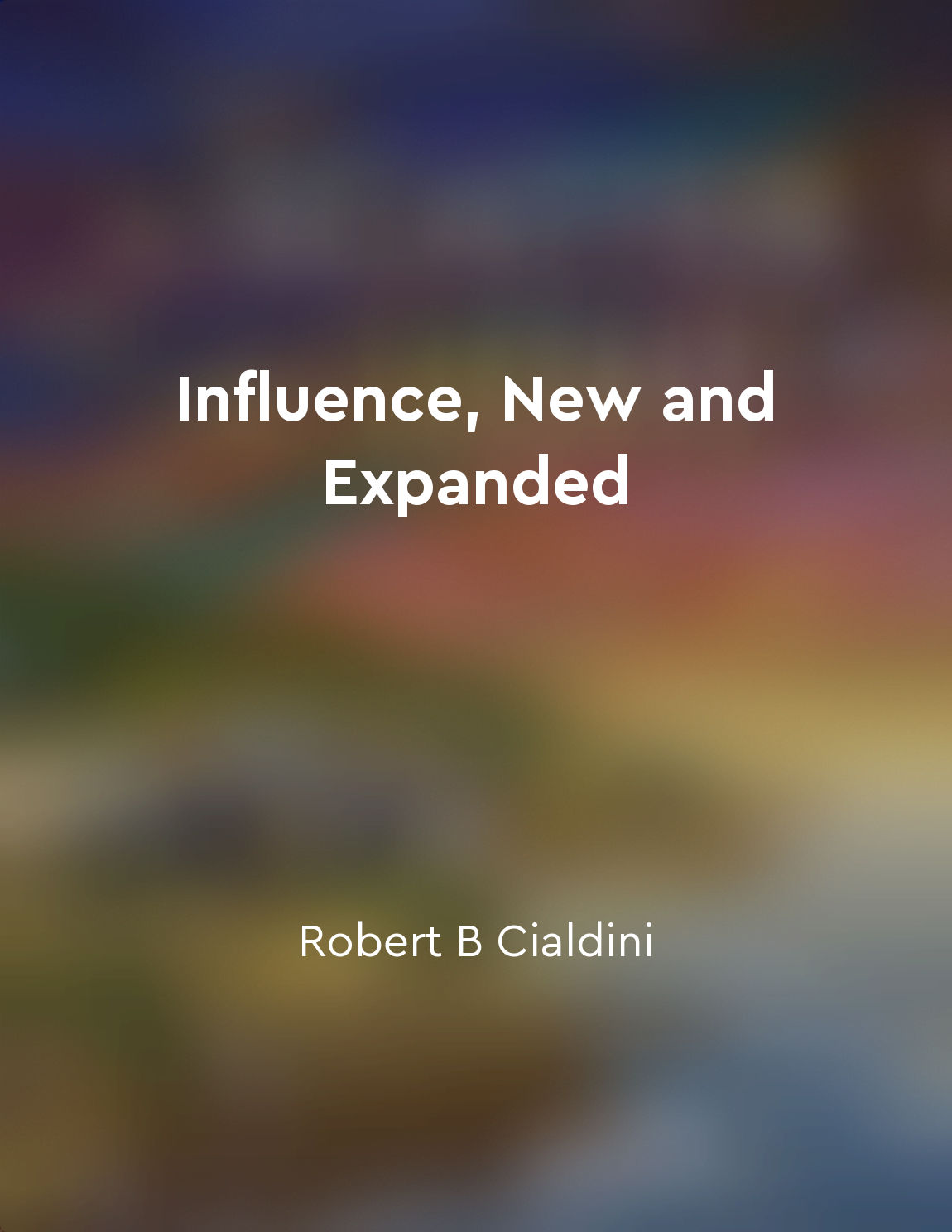Humans exhibit both altruistic and selfish behaviors from "summary" of The Descent of Man by Charles Darwin
The behavior of humans is a subject of great fascination and complexity. It is undeniable that we possess both altruistic and selfish tendencies, often displaying them in a variety of situations. Altruism, the act of selflessly helping others without expecting anything in return, is a noble trait that can be observed in many individuals. This behavior is often seen in acts of kindness, generosity, and compassion towards others, even at the expense of one's own well-being. However, alongside these altruistic behaviors, humans also exhibit selfish tendencies that prioritize their own interests and desires. Selfishness can manifest in various forms, such as greed, envy, and a lack of consideration for others. This self-centered behavior is rooted in our innate drive for self-preservation and the pursuit of personal gain. It is a natural instinct that has evolved over time as a means of ensuring our survival and reproductive success in a competitive world. The coexistence of altruistic and selfish behaviors in humans can be attributed to our complex nature as social beings. We are capable of empathy and cooperation, as well as rivalry and conflict, depending on the circumstances we find ourselves in. Our actions are often influenced by a combination of factors, including our genetic makeup, upbringing, cultural norms, and individual experiences. In the grand scheme of evolution, both altruism and selfishness have played crucial roles in shaping human behavior. Altruistic traits promote social cohesion and cooperation, strengthening bonds within groups and enhancing our chances of survival as a species. On the other hand, selfish behaviors can drive competition and innovation, driving individuals to strive for personal success and advancement.- The duality of altruism and selfishness in humans reflects the complex interplay between our innate instincts and our capacity for rational thought and moral reasoning. While we may be driven by self-interest at times, we also have the capacity for empathy and compassion towards others. It is this delicate balance between altruism and selfishness that defines the intricate tapestry of human behavior and relationships.
Similar Posts
Evolution is a gradual and incremental process
Evolution, the process by which species change over time, is often mistakenly perceived as a slow and gradual progression. This...
Recognizing and controlling your emotions is essential in avoiding manipulation
Emotions play a significant role in our lives, influencing our thoughts, behaviors, and decisions. When we fail to recognize an...
Human evolution is an ongoing process
In the course of thousands of years, the human species has undergone many changes. These changes are not simply a thing of the ...
Humans are mostly driven by social instincts
Jonathan Haidt argues that human beings are fundamentally social creatures, shaped by evolution to thrive in groups. Our social...
Manage your time effectively
To be able to manage our time effectively, we must first understand that time is one of the most valuable assets we possess. It...

Understanding psychological triggers is key
Understanding psychological triggers is key. These triggers are powerful tools that can be used to influence others. By underst...
Environmental changes can drive rapid evolution
In the grand scheme of life on Earth, organisms have been engaged in a never-ending battle of survival. This battle is fought n...
Meditation can increase emotional intelligence
The practice of meditation has been shown to have a profound impact on emotional intelligence. By training the mind to focus on...
Human cooperation is based on shared goals
Human cooperation is a fundamental aspect of human social life. It is what allows us to work together towards common goals, to ...
We have a tendency to procrastinate on important decisions
Procrastination is a universal human tendency that can be particularly destructive when it comes to making important decisions....

